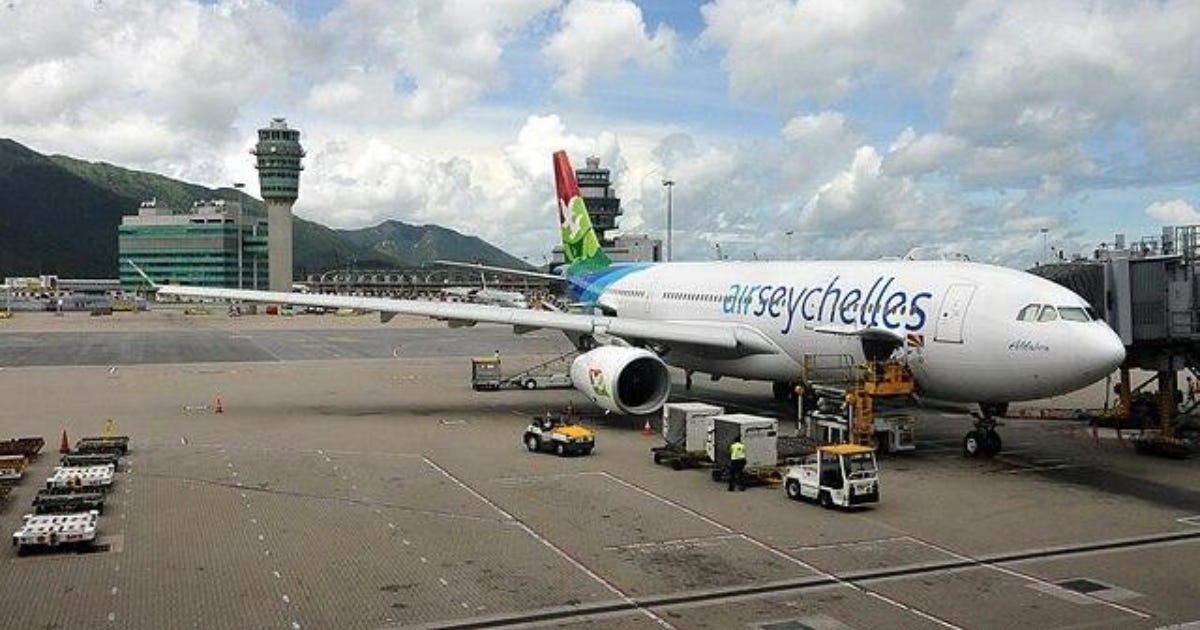Competition Bureau urges Canada to allow foreign airlines to operate
Canada’s Competition Bureau is urging the domestic airline industry to open its doors to foreign-owned carriers, a move it believes will usher in an era of cheaper flights and enhanced service.
Canada’s Competition Bureau is urging the domestic airline industry to open its doors to foreign-owned carriers, a move it believes will usher in an era of cheaper flights and enhanced service for travellers across the country.
“For many in Canada, air travel is necessary, not a luxury. In this vast country, there are long distances between populations. Flying is often the only practical way to travel. This is especially true for northern and remote communities,” reads the bureau’s report released on Thursday.
The bureau also recommended “leveraging international capital and experience to strengthen domestic competition,” stating it’s time to “open the airline industry to more foreign competition.”
“With the right policy changes, governments can create the conditions for new airlines to grow and compete – and give Canadians access to more affordable, reliable options for flights,” Competition Commissioner Matthew Boswell said in a release.
The report found that when just one new competitor enters a route between two cities, flight prices decrease by nine per cent on average.
The report’s recommendations were endorsed by the Canadian Anti-Monopoly Project.
“CAMP endorses the bureau’s clear acknowledgement that Canada’s airline market is not delivering for Canadians,” wrote executive director Keldon Bester in a release.
Currently, the majority of travellers passing through Canada’s major airports do so through either Air Canada or WestJet, with the two airlines responsible for between 56 and 78 per cent of all domestic air travel.
However, with Air Canada primarily offering routes in eastern Canada and WestJet in western Canada, there is little competition between the two airlines.
Bester said this “cozy duopoly” only divides the country rather than competes for it, and said the situation requires “immediate and meaningful government action.”
The report noted that “reconsidering these restrictions would unlock new capital sources for Canadian airlines. This in turn will stimulate greater competition and innovation in the domestic market.”
The Fraser Institute conducted a similar study in March, which also called for foreign airlines to be granted access to the Canadian market.
“Strict limitations placed on foreign air carriers operating within Canada also contribute to a lack of competition and high-ticket prices in Canada’s air travel industry,” it stated.
“Moving in a new policy direction is critical for enhancing competition in the air travel industry, improving innovation and service quality, increasing consumer choice, and lowering ticket prices.”
The study noted that permitting further competition would also lower taxes and fees, aligning Canada’s airline industry with international standards and providing costs to Canadians similar to what air travellers pay in other countries.
Additionally, it recommended allowing for more flexible airport ownership.
For decades, Canadian airports were exclusively owned and operated by the federal government until the National Airports Policy transferred their management to not-for-profit private corporations known as Canadian airport authorities in 1994.
There are currently 26 airports in Canada managed by CAAs, which remain on land owned by the federal government that is leased annually.
“Airports must pay ground rents to the government based on a fixed percentage of the airport’s gross revenues,” reads the study. “Ground rent can absorb as much as 12 percent of an airport’s revenue. For context, the federal government collected a total of $419 million in ground rents in 2022–23.”
That money goes directly into the federal government’s general revenues instead of being reinvested into airport infrastructure.
This requires CAAs to pay out of pocket for airport infrastructure improvements, which they ultimately pass on to the consumer.
“Allowing for-profit ownership of airports, as is done in other developed countries, would likely improve efficiency and innovation, and reduce costs for travellers,” it said.



We have no competition for air service in Canada. Foreign owned airlines would hopefully see air fare prices drop. In Canada we protect Canadian companies like CBC, Canada Post, Air Canada, etc and we have all seen the poor service they provide and yet taxpayers have seen their money go to these companies that should be able to survive on their own or go bankrupt. All to often we have seen obscene management salaries or bonuses being paid out for these companies.
Canadian consumers have for decades been stuck with having only "Canadian' monopolies serving telecom, internet, airlines, etc etc and in the process these monopolies getting obscenely rich off the Canadian consumers while usually not providing even a modicom of satisfactory service or quality of goods. Canadian consumers have little in the way of any choices or cheaper prices for goods and services because of these Canadain monopolies collusion of price fixing....Airlines in Canada serve subpar service to their customers while they boast about their phantom "great service" and "on time", mostly non existent flights....This has always been the Canadian way for decades and people are fed up with the garbage service and over priced goods they have no choice to accept due to government restrictions on not allowing any foreign competition.....